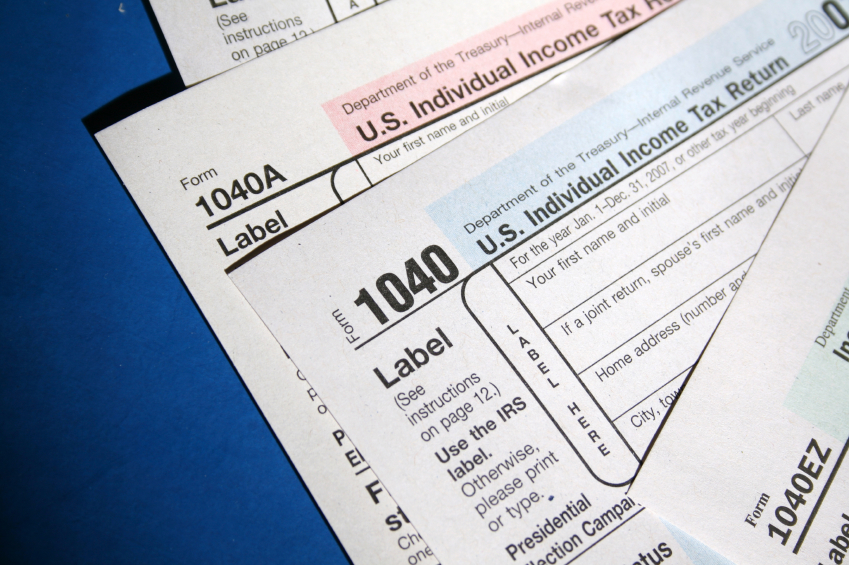AARP Hearing Center

Family caregivers are busy, we understand. But as 2018 draws to a close, looming around the corner is another a tax season. Never fear, there is some good news for Florida’s 3 million family caregivers: new deductions and credits beginning in the 2018 tax year.
Let’s take a look at some of the provisions in the tax code that may benefit someone who is responsible for the caregiving of another person, such as a spouse, parent, or other family member who is an adult child or elderly relative. For example, if you are the primary point of care for your elderly parent, either in their your home or their home, the following tax provisions may come help:
1) Head of Household filing status: If the elderly parent is a “dependent” then the taxpayer (usually a single person who is a relative or child of the parent) can claim this person as a “qualifying person” for Head of Household status. To be dependent or qualifying person, the person must be a related to the taxpayer and does not have a filing requirement (i.e. gross taxable income is below $4,150 per year) and the caregiver is paying over one half the living expenses. Taxable income is IRAs, 401Ks, other retirement accounts, earned income including wages, tips. etc. Social Security, pensions,
This filing status increases the standard deduction from $12,000 to $18,000. Additionally, the tax rates for HOH filing status is lower than Single status.
2) $500 Tax Credit: Dependents over the age 18 provide the taxpayer a $500 tax credit on the caregivers tax return.
3) You can itemize their medical expenses. If itemizing deductions, then total out-of-pocket medical expenses for the care of the dependent, along with the taxpayer’s out-of-pocket medical expenses, may be reported on the Schedule A itemized deductions. Medical expenses are offset by 7.5 percent of Adjusted Gross Income. This it is important that the caregiver keep track of medical expenditures for the tax year. Of course. to itemize the other expenses (i.e. home mortgage, state taxes and charity) along with these medical expenses should exceed the standard deduction amount.
What other items can be deducted?
You can deduct the money you paid to cover your loved one’s unreimbursed medical costs — if the medical expenses of everyone claimed on your taxes totals more than 7.5 percent of your adjusted gross income. You will need to itemize. A sampling of acceptable deductions:
- Copays and deductibles
- Accepted therapies not covered by insurance
- Glasses
- Ambulance rides
- Acupuncture
- Physical therapy
- Memory care
- Bandages
- Hearing aids
- Transportation to appointments or services
- Adult day care or in-home health care worker, if you are working
- Activities for older people with special needs
- Home and vehicle modifications needed for safety or mobility
- Cost of professional health aide during respite care
- Hotel near treatment center
The above gives caregivers a good idea of the tax benefits when filing a tax return. They should seek advice from one of our AARP Tax Aide volunteers when looking at your tax filing needs.
AARP Foundation Tax Aide is enjoying more than 50 years of providing free tax assistance to our 276 sites throughout Florida communities. We have 3,200 volunteers, who are trained and certified by the IRS to provide tax assistance to individuals needing preparation assistance. We are trained to provide the best tax advice to people needing it the most.
When you come to one of our sites, you will need to have your documents and other items support your filings.
Good luck for the upcoming tax season!































































